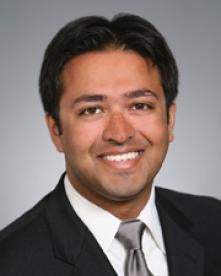Criticizing the denial of a prevailing patentee’s requests for relief from future infringement, the U.S. Court of Appeals for the Federal Circuit listed possible equitable relief available to patentees to be considered. WhitServe, LLC v. Computer Packages, Inc., Case Nos. 11-1206; -1261 (Fed. Cir., Aug. 7, 2012) (O’Malley, J.) (Mayer, J., dissenting).
WhitServe sued Computer Packages Inc. (CPi) for patent infringement, alleging that CPi’s IP docketing software for annuity and maintenance fees infringed certain patent claims. Finding no anticipation and willful infringement, a jury awarded WhitServe more than $8 million in damages. The trial court denied WhitServe’s motions for a permanent injunction, compulsory license, prejudgment interest and enhanced damages. The district court reasoned that the verdict adequately addressed all legal and equitable considerations. WhitServe appealed.
The Federal Circuit vacated the denial of WhitServe’s motions and remanded the case for an analysis of the patent owner’s remedies for future infringements. It listed four possible remedies for addressing future infringement: a permanent injunction, an order for the parties to negotiate terms for future use, an ongoing royalty or a conclusion that no forward-looking relief is appropriate in the circumstances. The Federal Circuit found that the district court abused its discretion by inadequately considering WhitServe’s request for relief from future infringements, stating that a damages award remedies past, not future, infringement. Similarly, the Federal Circuit found that because the jury award did not include punitive damages for willful infringement or account for prejudgment interest, the trial court abused its discretion when denying those motions on the same grounds.
The Federal Circuit also overturned the damages award. At the Federal Circuit WhitServe argued that the $8 million award was based either on a proper royalty analysis or alternatively that the jury, acting within its discretion, included “other damages.” The Court found that the only support for the damage award was “based on fiction,” and that WhitServe’s expert testimony was “conclusory, speculative, and, frankly, out of line with economic reality.” The Federal Circuit also noted that, although a jury is free to award “other damages,” i.e., above the reasonable royalty floor, such an award must be supported by the patentee’s evidence, which WhitServe did not introduce.



 i
i


